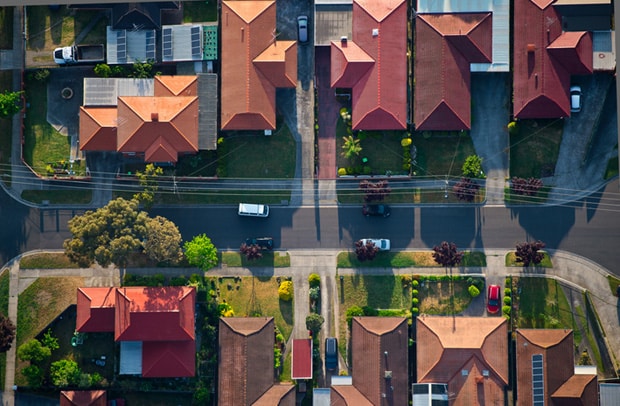Households and businesses will team up with an electricity retailer in a new energy demand response project this summer.
The project is a collaboration between retailer EnergyAustralia, ARENA and the Australian Energy Market Operator (AEMO).
Demand response is when households and businesses with rooftop solar help with increased electricity demands by using their solar power rather than the grid.
Alternatively, customers can reduce the amount of electricity they are using during peak periods by turning appliances down or off.
Millions of customers could opt-in
EnergyAustralia’s Sal Tringali points out that his company has 2.6 million residential, small business, commercial and industrial customers.

“Our demand response program is basically designed to engage with customers who are both willing and able to participate by turning off energy or using alternate methods of supply,” he said.
Customers in SA, Victoria and NSW – some 1.7 million – will be eligible for two demand response projects.
The three-year demand response program will remove 200MW of electricity demand from the grid. This demand is traditionally met by fossil-fueled power stations.
ARENA has contributed $28.6 Million of a total $35.7 million to the project, which is made up of ten projects from eight companies.
How energy demand response beats blackouts
Demand response is a solution to the problem of spiking demand during peak times for electricity consumption, such as summer heatwaves. These demand response events, if unchecked, can lead to blackouts.
Rather than building new coal-fired plants to meet these occasional spikes, the new method aims to use a combination of solar energy, technology and behavioural change.
In addition, the project will reward electricity users who shift some use to no-peak periods during a demand response event.
Removing 50MW of load through demand response
Under EnergyAustralia’s projects, up to 50MW of electricity load will be removed from the grid during times of severe strain.
“That’s the equivalent of up to 10,000 households being turned off to support grid security,” Tringali says.
Fortunately, houses won’t literally be turned off to make the power savings. They will be achieved by a diverse group of customers who choose to enlist in Australia’s demand response army.













































